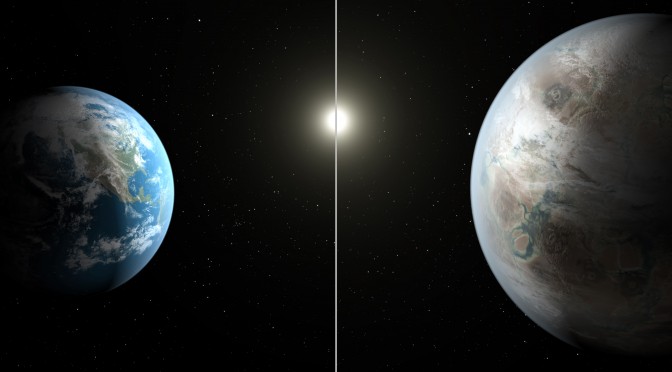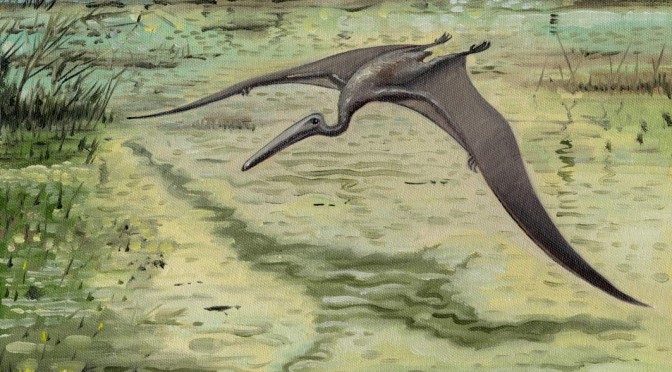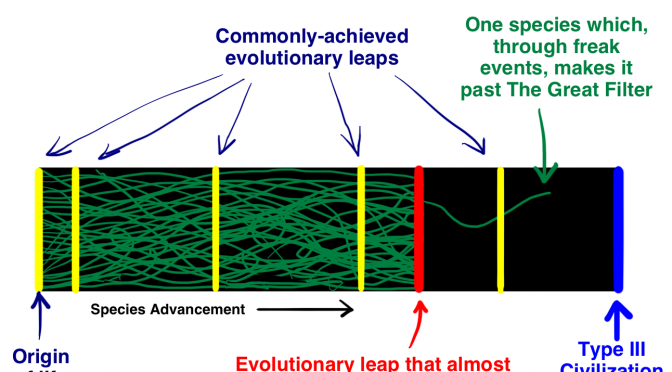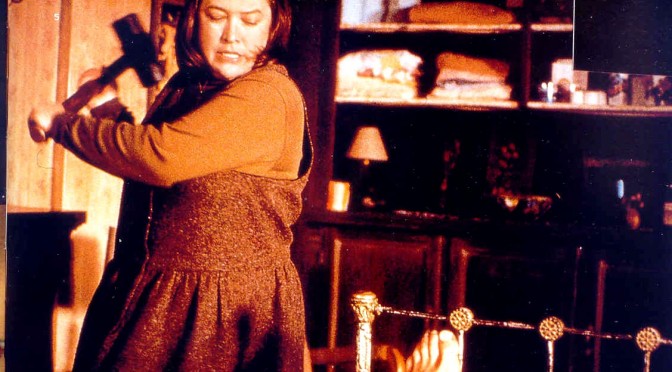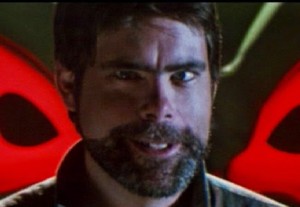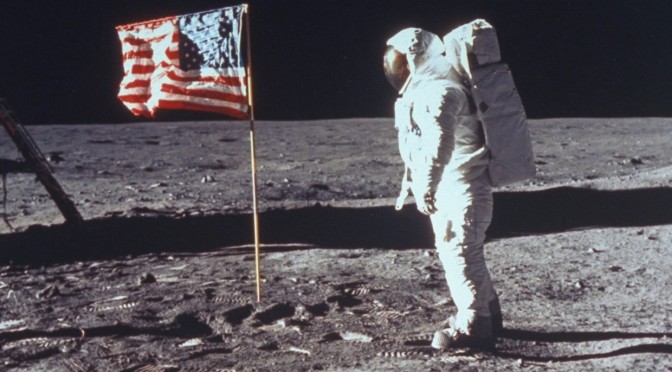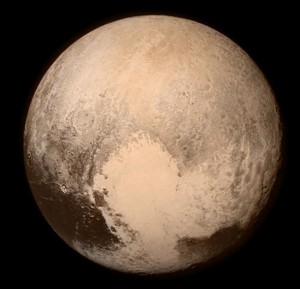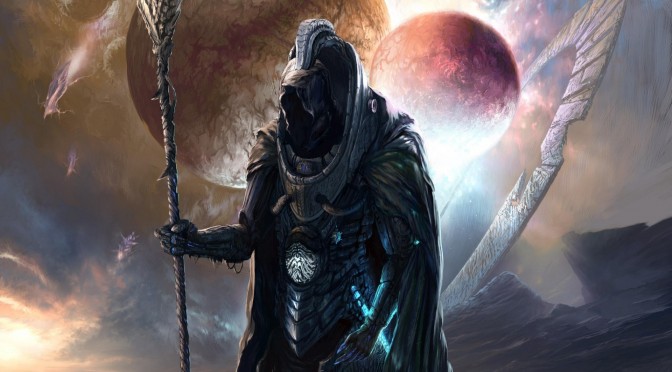The Hugo Awards, one of the great awards of speculative fiction. Sure, most people outside of the speculative fiction circles have no idea what the Hugo Awards are, but inside those circles it’s like being anointed as one of the geek chosen. A look through the Hugo Awards nominees and winners will show you a list of people who have gone down in history as legends of the genre. And it usually operates fairly quietly in the background, known of but not much focused on.
Then, all of a sudden, this year there was buzz about it, something juicy was going on. For a genre that constantly wants to be legitimized, this is big news. After all, we’ve been the basement dwellers of the literary world for decades now and the sudden buzz about one of our big achievements was a sign some of us could come out into the light finally.

Except… that buzz was about how the Hugos were embroiled in a political debate on the validity of social commentary in science fiction. A group backing a “Sad Puppies” slate wanted to bring back golden age sci-fi and get rid of the “SJWs”. Of course, this sort of talk doesn’t go unnoticed and it immediately saw opposition from multiple directions. The debates were fierce, sometimes petty, and often contradictory. But, from the outside of the debate, the only thing you really could have gotten from it would be a single message:
“Science fiction traditionally hates social commentary.”
This is why we can’t have nice things, people… Continue reading WTF Wednesday: The Hugo Debates





